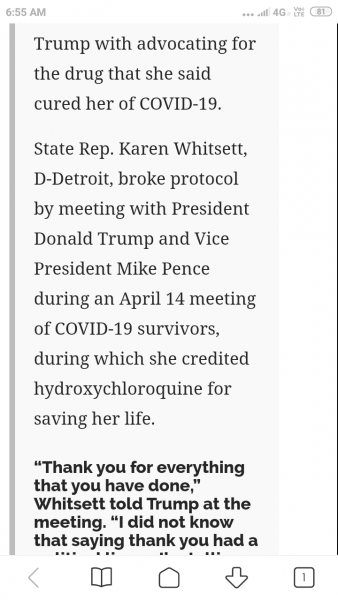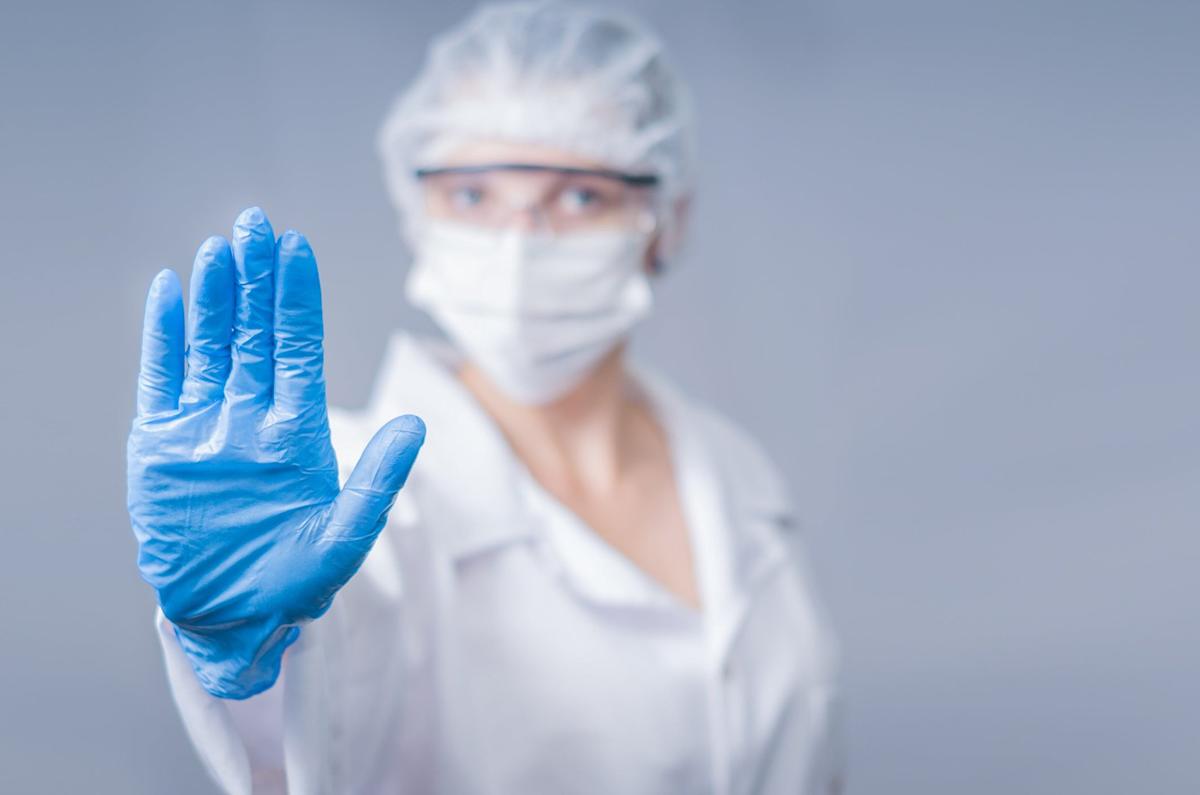prasad1
Active member
Fox News has fallen out of love with hydroxychloroquine. After weeks of unrelenting coverage hyping the antimalarial drug as a potentially game-changing treatment for the coronavirus, the network has all but stopped mentioning it on its airwaves. So has President Donald Trump.
The quiet abandonment of hydroxychloroquine comes as studies indicate it is not an effective treatment against the coronavirus. A French study found last week that the drug does not help patients with the virus. And on Tuesday, a study of hundreds of patents at US Veterans Health Administration medical centers found that patients who took hydroxychloroquine were no less likely to need ventilation and had higher death rates than those who didn't take the drug.
"Will anyone who breathlessly pitched hydroxychloroquine as a miracle drug show a modicum of regret or even self-awareness over this? Doubtful," The Daily Beast's Sam Stein predicted. "More likely is they'll ignore the study entirely." Stein appears to have been right on the money.

 www.cnn.com
www.cnn.com
When some HONORABLE members were pushing this drug, I posted multiple times for caution. My caution was justified.
The quiet abandonment of hydroxychloroquine comes as studies indicate it is not an effective treatment against the coronavirus. A French study found last week that the drug does not help patients with the virus. And on Tuesday, a study of hundreds of patents at US Veterans Health Administration medical centers found that patients who took hydroxychloroquine were no less likely to need ventilation and had higher death rates than those who didn't take the drug.
"Will anyone who breathlessly pitched hydroxychloroquine as a miracle drug show a modicum of regret or even self-awareness over this? Doubtful," The Daily Beast's Sam Stein predicted. "More likely is they'll ignore the study entirely." Stein appears to have been right on the money.

Fox News falls out of love with hydroxychloroquine | CNN Business
Fox News has fallen out of love with hydroxychloroquine. After weeks of unrelenting coverage hyping the antimalarial drug as a potential game-changing treatment for the coronavirus, the network has all but stopped mentioning it on its airwaves. So has President Donald Trump.
When some HONORABLE members were pushing this drug, I posted multiple times for caution. My caution was justified.





 David Gura
David Gura 


